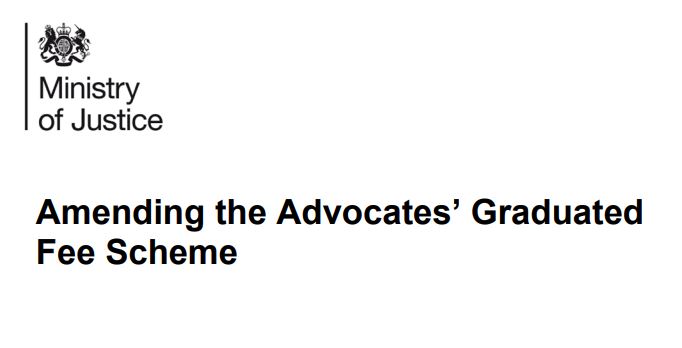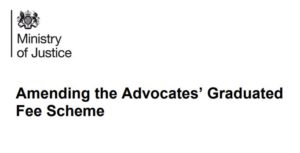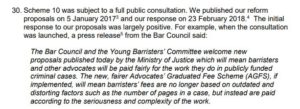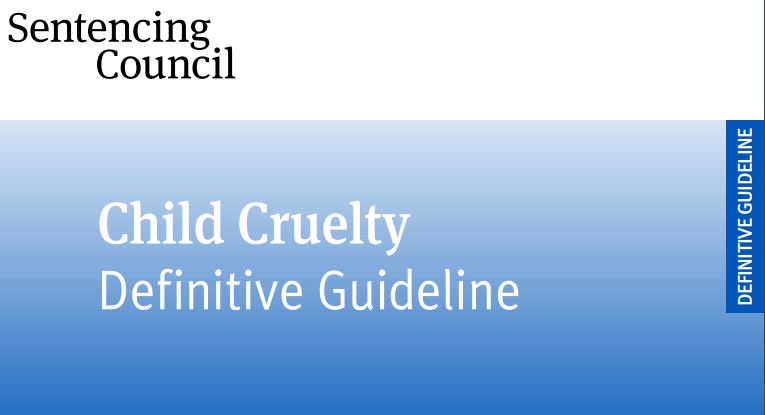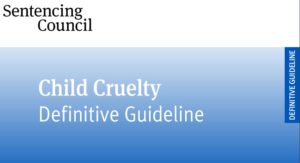Assaults on Emergency Workers
The penalties for assaults on emergency workers have been in the news recently.
Is there a specific offence covering assaults on emergency workers?
Until now the only specific offence has been that of assaulting a police officer. This is a summary only offence which carries a maximum of 6 months imprisonment.
There has always been an option to charge an offender with more serious offences, such as actual or grievous bodily harm, if the injury to the officer is more serious, and this will remain the case.
However, most lower level assaults on emergency workers have had to be charged as common assault – an offence carrying a maximum of 6 months imprisonment.
What is changing?
A new law has been passed which will create a new category of common assault – assaulting an emergency worker in the exercise of their functions.
If your neighbour was a police officer and you got into a dispute and assaulted them, the new provisions would not be triggered as they would not at that time be acting as a police officer (‘in the exercise of their functions’), but if you assaulted a police officer while being arrested, the provisions would be triggered.
The Assault on Emergency Workers (Offences) Act 2018 came into force on 13 November 2018.
Who will this cover?
“emergency worker” means—
(a) a constable;
(b) a person (other than a constable) who has the powers of a constable or is otherwise employed for police purposes or is engaged to provide services for police purposes;
(c) a National Crime Agency officer;
(d) a prison officer;
(e) a person (other than a prison officer) employed or engaged to carry out functions in a custodial institution of a corresponding kind to those carried out by a prison officer;
(f) a prisoner custody officer, so far as relating to the exercise of escort functions;
(g) a custody officer, so far as relating to the exercise of escort functions;
(h) a person employed for the purposes of providing, or engaged to provide, fire services or fire and rescue services;
(i) a person employed for the purposes of providing, or engaged to provide, search services or rescue services (or both);
(j) a person employed for the purposes of providing, or engaged to provide—
(i) NHS health services, or
(ii) services in the support of the provision of NHS health services, and whose general activities in doing so involve face to face interaction with individuals receiving the services or with other members of the public.
It is immaterial whether the employment or engagement is paid or unpaid.
What is the penalty?
The maximum penalty will increase from 6 to 12 months’ imprisonment.
Is there any further effect?
The legislation will also create a statutory aggravating factor. This means that if a different offence is charged (such as actual bodily harm, for example) where the victim is an emergency worker, it will be seen as an aggravating factor which merits an increase in the sentence to be imposed.
Within the current sentencing guidelines, it is already an aggravating factor to assault a person serving the public, but the legislation will put the position on a statutory basis.
Why is this happening?
There has been an increase in assaults on emergency workers in recent years.
Government statistics reportedly show
- 26,000 assaults on police officers in the last year
- 17,000 on NHS staff
- an increase of 18% in assaults on firefighters in the previous 2 years
- a 70% increase on assault on prison officers in the 3 years up to 2017.
As a result of these increases, new legislation was proposed, and this will be the first time there is a specific offence extending protection to those carrying out the work of an emergency service.
Whether this sentence increase will deter assaults remains to be seen, with most commentators being sceptical at best.
How can we help?
Those facing allegations of assaults on emergency workers will always know that the court will treat these allegations seriously, with or without another piece of legislation.
If you are arrested or know that the police wish to speak to you about an offence of assault upon an emergency worker or any other allegation then make sure you insist on your right to free and independent legal advice.
The advantages of such early advice legal advice can be found here.
If you have already been interviewed or face court proceedings we can still make a real difference to the outcome of your case. Legal aid may well be available to fund your defence at court.
You can read about a case where we made representations causing the prosecution to drop a case here.
We have offices across the East Midlands. You can find your most convenient office here. Alternatively you can contact us using the form below.


